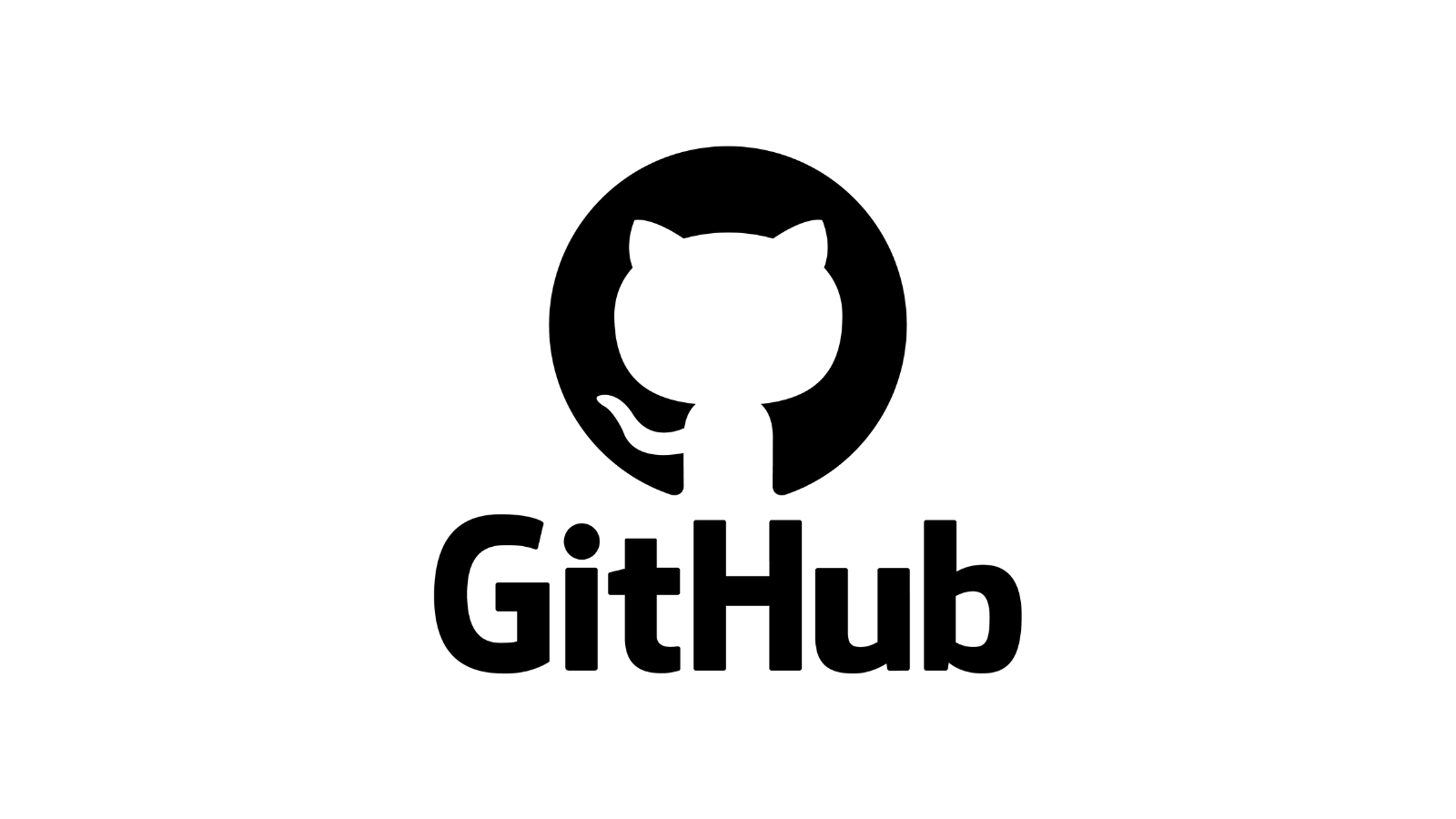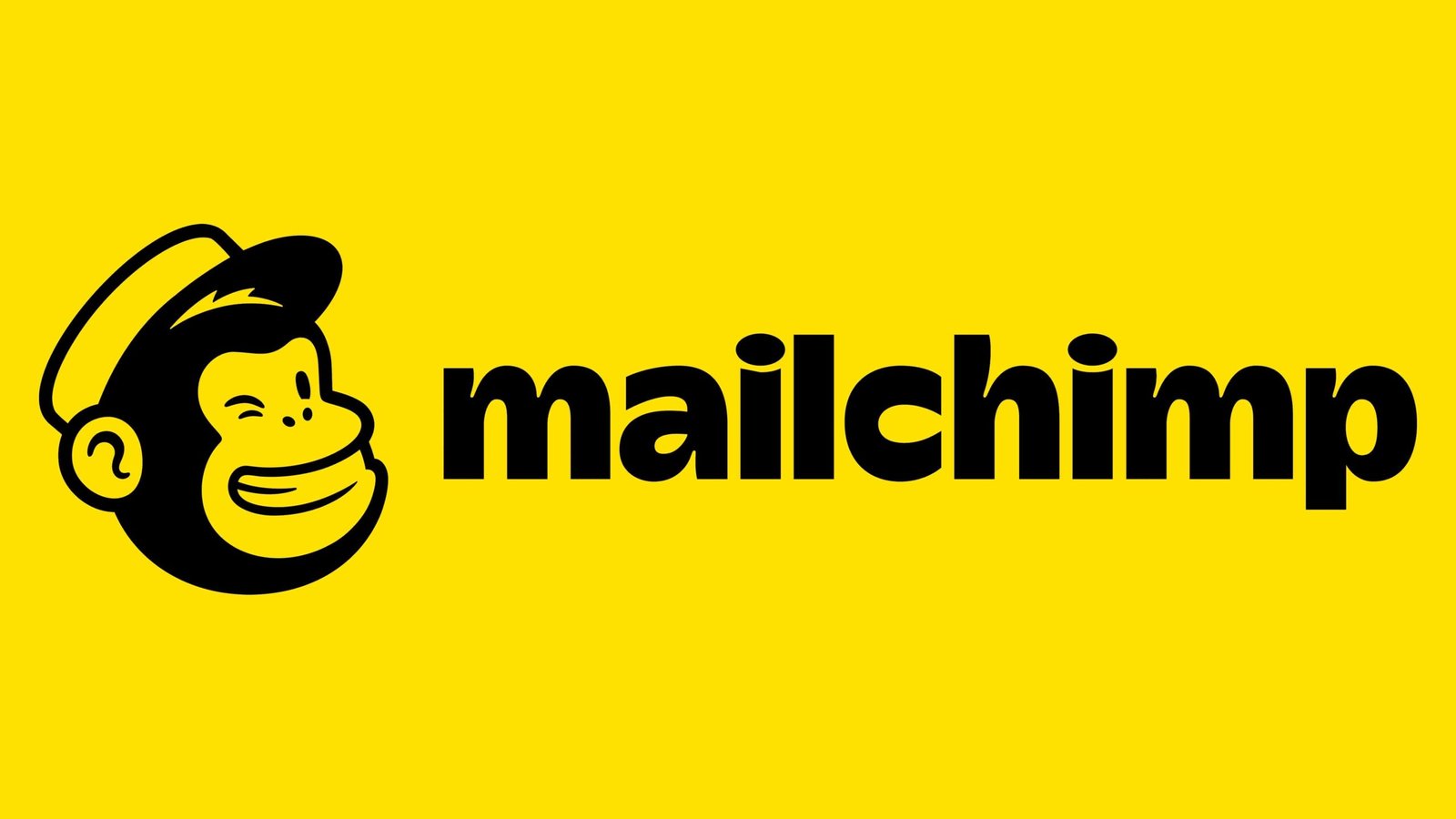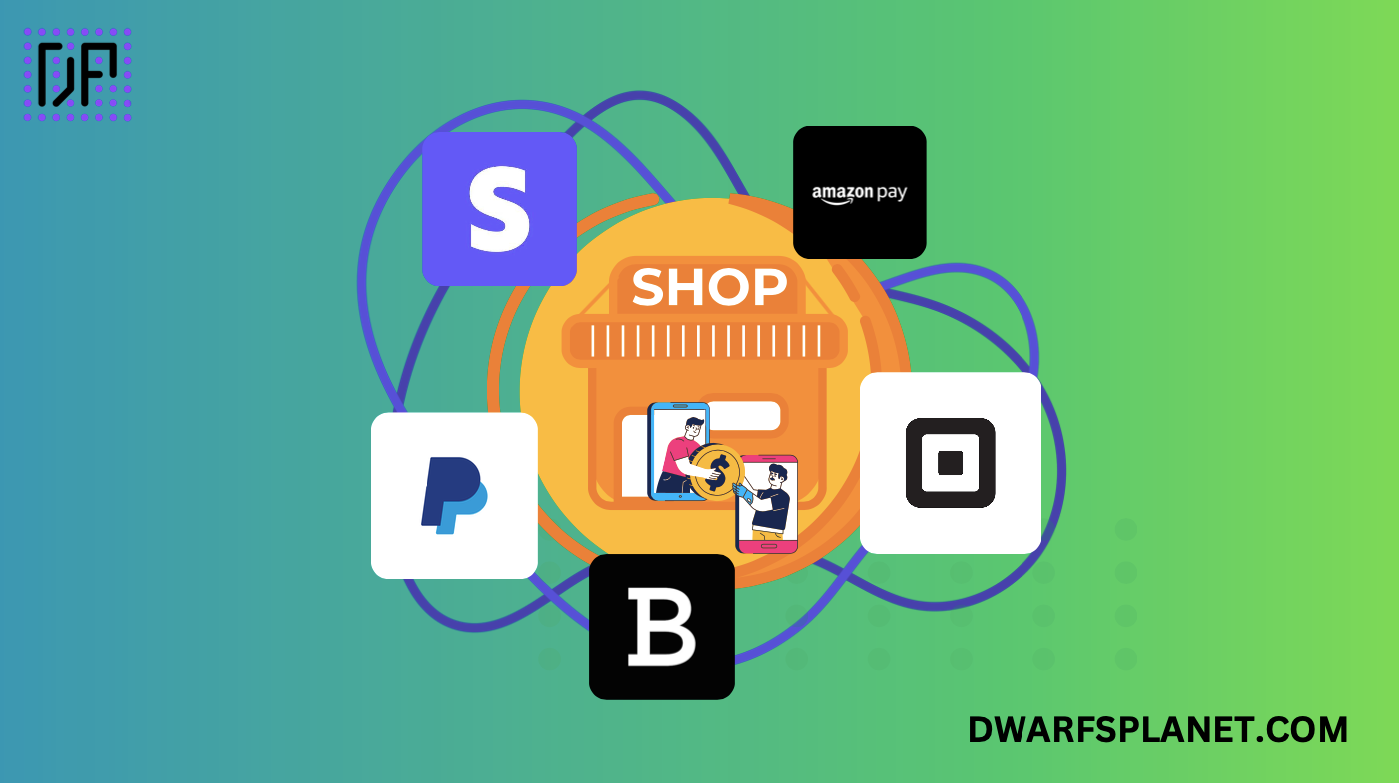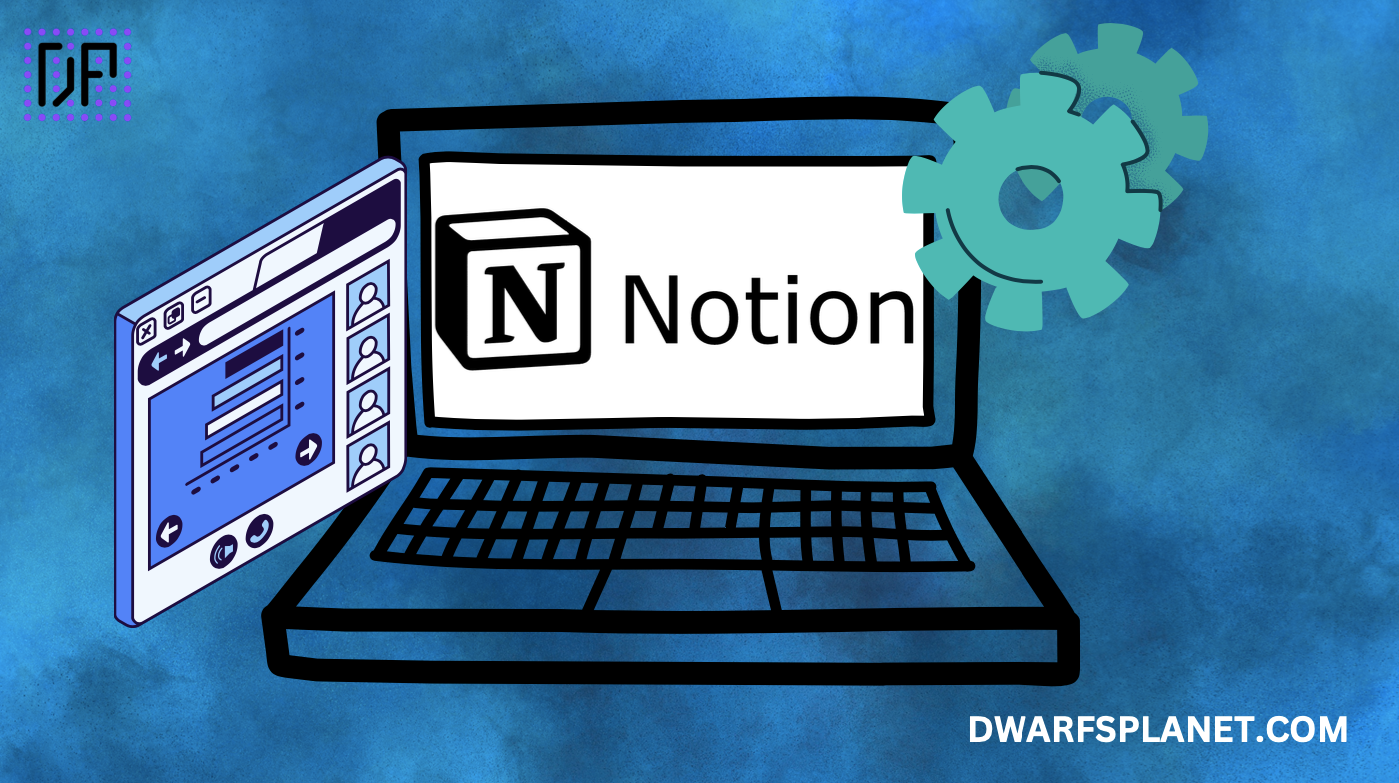Web-based Git repository manager for collaboration.
GitLab is an open-source DevOps platform that provides a complete solution for source code management, continuous integration/continuous deployment (CI/CD), and collaborative software development. Initially launched in 2011 as a version control repository manager, GitLab has evolved into a full DevOps suite that supports the entire software development lifecycle, from planning and development to deployment and monitoring. GitLab integrates with popular version control systems like Git and offers powerful tools for code review, issue tracking, CI/CD pipelines, security, and more. It is widely used by teams and enterprises of all sizes for its flexibility, scalability, and extensive feature set.
Key Features:
- Version Control with Git: Offers a robust Git repository manager that supports Git-based workflows, branching, and merging, providing a reliable platform for collaborative development.
- Integrated CI/CD Pipelines: Provides built-in CI/CD capabilities that automate testing, building, and deployment processes, allowing developers to integrate, test, and release code faster and more reliably.
- Code Review and Collaboration: Features tools for code review, including merge requests, inline commenting, and approval workflows, making it easier for teams to collaborate and maintain code quality.
- Issue Tracking and Project Management: Includes issue tracking, boards, and project management tools to help teams plan, organize, and manage work in a streamlined manner, integrating seamlessly with the development process.
- Built-In Security and Compliance: Offers security scanning (SAST, DAST, dependency scanning), vulnerability management, and compliance tools that help identify, track, and mitigate security issues throughout the development lifecycle.
- DevOps Monitoring and Analytics: Provides monitoring and observability tools, including metrics, logs, and tracing, allowing teams to monitor application performance and diagnose issues in real-time.
- Customizable and Extensible: Supports extensive customization with plugins, APIs, and webhooks, enabling integration with various third-party tools and services, such as Jira, Jenkins, Kubernetes, and more.
- Self-Hosted or SaaS Deployment: Available as both a self-hosted solution (GitLab CE or EE) and a cloud-hosted SaaS offering (GitLab.com), providing flexibility for different deployment preferences and security requirements.
- Container Registry and Kubernetes Integration: Includes a built-in Docker container registry and Kubernetes integration, allowing teams to build, store, and deploy containerized applications seamlessly.
- Wiki and Documentation: Provides integrated wikis and markdown-based documentation, making it easy to create and maintain project documentation and share knowledge within teams.
Benefits:
- All-in-One DevOps Platform: Combines version control, CI/CD, project management, security, and monitoring into a single platform, reducing the need for multiple tools and simplifying workflows.
- Facilitates Collaboration and Code Quality: Tools for merge requests, code reviews, and issue tracking streamline collaboration among team members, ensuring high code quality and rapid feedback.
- Accelerates Development and Deployment: Built-in CI/CD pipelines and automation tools help teams ship code faster, with fewer errors, and maintain continuous delivery and deployment practices.
- Improves Security and Compliance: Integrates security into the development process with built-in scanning, auditing, and compliance tools, allowing teams to identify and fix vulnerabilities early in the pipeline.
- Flexible Deployment Options: Offers both self-hosted and cloud-hosted deployment models, providing flexibility for organizations with specific security, compliance, or infrastructure requirements.
Strong Suit: GitLab’s strongest suit is its comprehensive, integrated approach to DevOps, combining version control, CI/CD, security, and project management into a single, unified platform that supports the entire software development lifecycle.
Pricing:
- Free and Paid Plans:
- Free Plan (GitLab Core): Provides essential features, including Git repositories, CI/CD, issue tracking, and basic project management, suitable for small teams and open-source projects.
- Premium Plan: Starting at $19 per user per month, includes advanced CI/CD, project management, enhanced security features, and support.
- Ultimate Plan: Starting at $99 per user per month, offers the full suite of GitLab features, including advanced security and compliance tools, priority support, and more.
- Free for Open Source Projects and Education: GitLab offers free access to the Ultimate plan for open-source projects and academic institutions.
- Self-Hosted (CE and EE): Community Edition (CE) is free and open-source, while the Enterprise Edition (EE) offers additional features and requires a paid license.
Considerations:
- Learning Curve for New Users: While GitLab provides extensive functionality, new users may need time to become familiar with its full range of features, especially if they are new to DevOps practices.
- Resource Requirements for Self-Hosting: Self-hosting GitLab (CE or EE) requires sufficient server resources and administrative overhead, which may increase infrastructure costs for some organizations.
- Cost for Larger Teams: While the free plan offers many features, the costs can add up for larger teams or enterprises that require advanced features or support.
Git hosting service with version control features.
Git-based source code repository hosting service.
Fully managed source control service for Git repositories.
Summary: GitLab is a comprehensive DevOps platform that combines version control, CI/CD, security, and project management into a single tool, enabling teams to manage their entire software development lifecycle in one place. With its extensive feature set, flexibility in deployment options, and strong focus on automation and collaboration, GitLab is ideal for teams and organizations looking to streamline their development workflows, enhance code quality, and maintain secure and compliant software practices. While it offers both free and paid plans to accommodate different needs, its extensive capabilities and integrated approach make it a powerful choice for modern software development teams.
 Skip to content
Skip to content 













